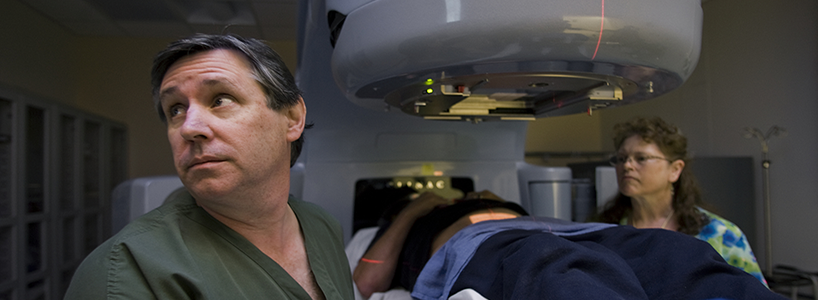Nursing is a great field to be in right now and into the foreseeable future – at least out through 2024, according to the Bureau of Labor Statistics (BLS). With an increasingly aging population, more insured patients as a result of federal healthcare legislation, and an increase in preventative and elective healthcare services, the demand for qualified health professionals is steadily growing. Nursing is also a great career field because of its opportunities to progress, should one decide to do so.
Registered Nurse
One of the healthcare jobs with the most job potential is that of a Registered Nurse.
- Total project employment: 2,751,100
- Job growth: 439,300
- Job replacement: 649,100
- Projected Outlook 2014 – 2024: 16% growth
- 2015 median wage: $67,490
Looking at the job replacement number, we see almost 25% of the total projected force will be retiring between now and 2024. However, the numbers also show the field is growing. The BLS predicts almost 440,000 new jobs will be added to the field.
To be a Registered Nurse requires graduating from an approved nursing program or completing one of two degree paths:
- Associate’s Degree in Nursing (ADN)
- Bachelor of Science in Nursing (BSN)
The ADN can be completed in as little as 21 months while the BSN takes four years. The basic difference between the two degrees is the credential earned. Hospitals across the nation are seeking RNs with BSN degrees in greater numbers each year, so the job potential and ultimately career progression potential would be greater by having a BSN degree.
Some people prefer to enter the healthcare field with an ADN degree and then get their BSN later. This route does get one out in the field working and earning a living sooner. Should an RN decide to get a BSN at a later date, many schools offer a RN-to-BSN online program that can be completed in as little as 12 months.
For those already having a bachelor’s degree in a field other than healthcare, there is also an accelerated BSN program that can be completed in 18 months, depending on the number of credits transferred in and number of courses taken per semester.
Usually an ADN is required for entry-level staff nurse positions, but more and more hospitals are requiring a minimum of a BSN.
To practice, a Registered Nurse must be licensed – meaning having graduated from an approved nursing program and passing the National Council Licensure Examination (NCLEX-RN). Any state-specific requirements must also be fulfilled.
Nurse Practitioner
The next logical step up the nursing career ladder is Nurse Practitioner which requires a Master of Science in Nursing (MSN) degree. While the overall field is smaller, it does have a great growth and salary potential.
- Total project employment: 170,400
- Job growth: 44,500
- Job replacement: 29,900
- Projected Outlook 2014 – 2024: 31% growth
- 2015 median wage: $104,740
While many of the duties of a Nurse Practitioners are the same as that of an RN, Nurse Practitioners in many states can also write prescriptions, order lab tests and diagnose health problems, parallel to the work of a Physician’s Assistant and similar to a physician. Nurse Practitioners must be licensed Registered Nurses and pass a national certification exam in their specialty to practice.
The nursing field does provide for career growth if one wants to progress. Veterans can use their GI Bill to initially complete the education requirements to be a Registered Nurse or the graduate degree for a Nurse Practitioner. If your military job was in healthcare, you should have a significant number of credits that can be applied to a healthcare degree.




